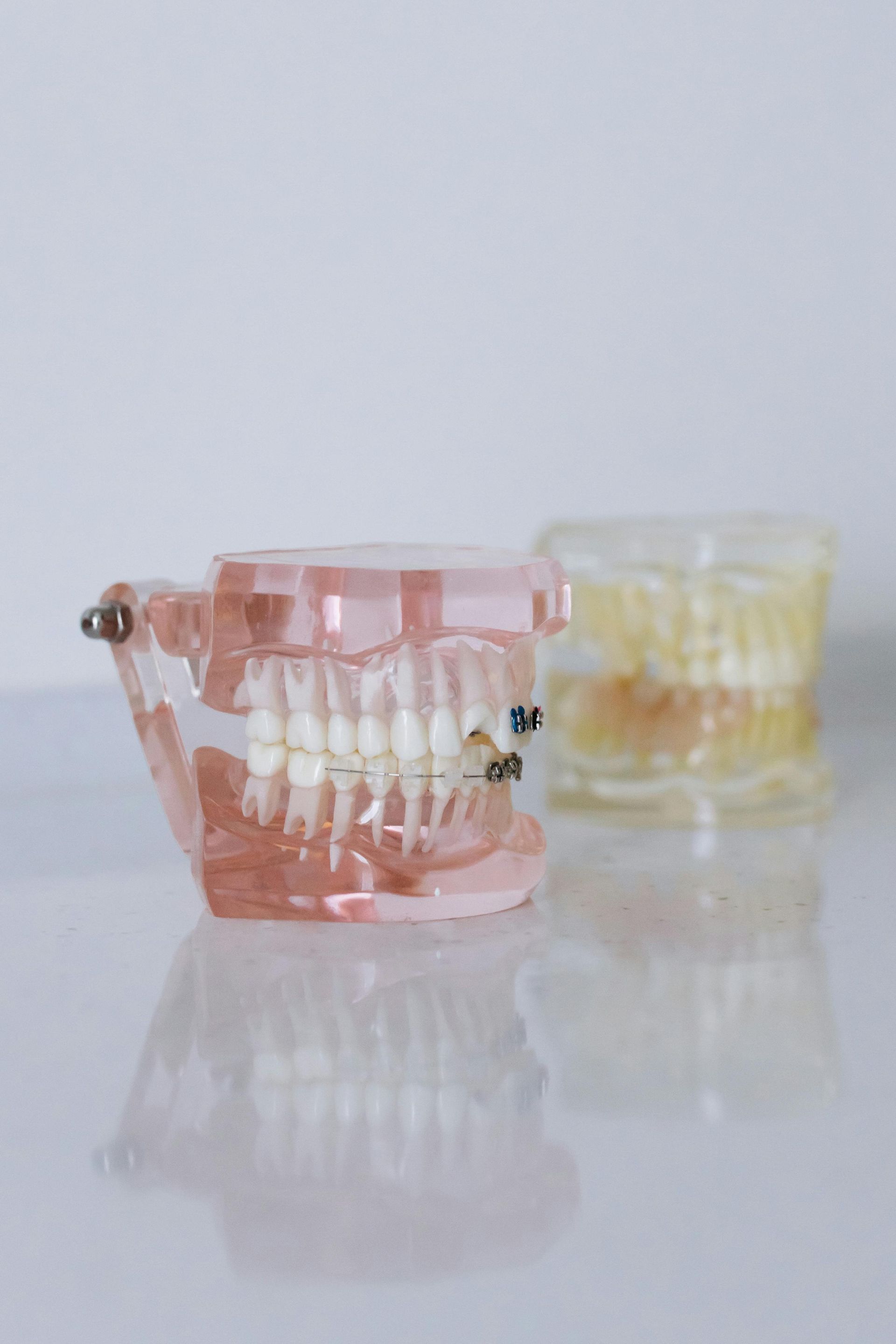By Jack Minnillo
•
November 12, 2025
If your teeth feel fine, do you really need to see the dentist twice a year? It’s one of the most common questions people ask — how often should you really go to the dentist? The short answer is: most people should visit the dentist every six months, but the best schedule depends on your individual oral health needs. Let’s explore why regular dental visits matter, what happens if you skip them, and how to know what’s right for you. 🪥 Why Regular Dental Visits Are So Important Even if you brush and floss every day, there are spots your toothbrush simply can’t reach. Plaque and tartar can build up over time, leading to cavities, gum disease, and other oral health issues. When you visit your dentist regularly, you get: ✅ Professional cleanings that remove stubborn tartar ✅ Early detection of cavities, gum disease, and oral cancer ✅ Preventive advice to protect your smile long-term Think of your dental check-up as routine maintenance for your mouth — just like servicing your car before a small problem becomes expensive to fix. 🕒 So, How Often Should You See the Dentist? Most dental professionals (including the American Dental Association) recommend a check-up and cleaning every six months. However, some patients may need to come in more frequently, such as every 3–4 months, if they have: A history of gum disease Frequent cavities or plaque buildup Diabetes or other health conditions affecting oral health Dental restorations like implants or dentures Others with excellent oral health might only need to visit once a year — but your dentist will help determine what’s best for you. 😬 What Happens If You Skip Dental Appointments? Skipping routine check-ups might save time now, but it can cost more later. Without professional care: Plaque can harden into tartar, leading to tooth decay and gum inflammation Early signs of gum disease can go unnoticed until it becomes severe Small cavities can grow and require larger fillings, root canals, or extractions In short, regular dental visits prevent small issues from becoming big problems — saving you discomfort, time, and money. 👩⚕️ What to Expect at Your Dental Check-Up A typical dental visit includes: 🪞 A thorough cleaning by your hygienist 🦷 A dental exam to check for decay, gum health, and oral cancer 📸 X-rays, if needed, to spot hidden problems 💬 Personalized advice on brushing, flossing, and diet These visits keep your mouth healthy and your smile confident all year long. 🌟 The Bottom Line So, how often should you see the dentist? ➡️ Every six months is the general rule — but your dentist might adjust it based on your unique needs. Regular visits are the key to preventing pain, saving money, and maintaining a smile that lasts a lifetime. 😁 Ready to Schedule Your Next Check-Up? At our offices, we make preventive care easy and comfortable for the whole family. Whether it’s your first visit in years or your regular six-month cleaning, we’ll help you keep your smile healthy and bright. 📞 Call us today!





















